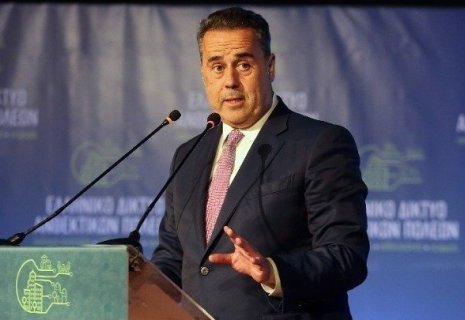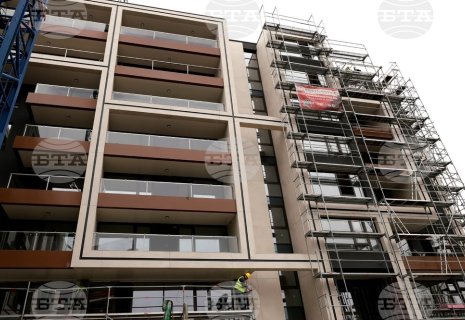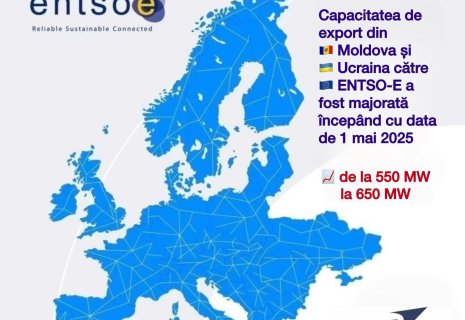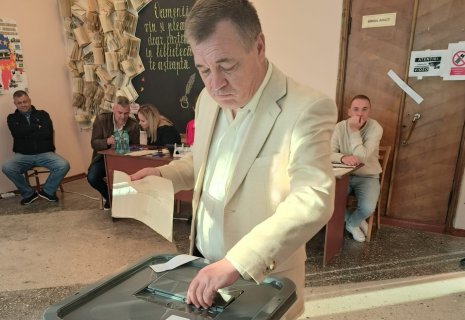
Logistics congress highlights key trends for Europe's future
Logistics is a key industry in Europe but it faces headwinds amidst growing geopolitical uncertainty. It needs to adapt quickly, and state support is essential, argued speakers at Supply Chains in Science and Practice, a major international congress on logistics, which got under way on 2 April.
Slovenian Infrastructure Minister Alenka Bratušek announced that the state would continue to promote the industry by making investments and maintaining a supportive environment, CE Report quotes The Slovenia Times.
The transport logistics industry is exceptionally important for Slovenia, as it provides numerous opportunities for economic development. "It is not just an industry, but the backbone of the economy," the minister stressed, and pointed to the state investments in this field.
Bratušek is happy that there are many investments in the region in technological solutions, which play an increasingly important role.
The issue of sustainability is also very important, she said, noting that "European standards are no longer just guidelines, but specific goals that must be attained."
The minister argued that, while Slovenia has established establishing itself as a logistics hub, a strategic geographical position will not be enough.
"We need appropriate infrastructure, efficient management and excellent experts," Bratušek said.
The importance of logistics as a basis for economic development was also noted by Igor Žula, the president of the Slovenian Logistics Association, which organised the congress.
He said that the main challenges for the industry include digital transformation and managing foreign workforce, and added that "it is essential to be aware of trends and good practices and to look for new business opportunities."
Nevenka Kržan, the CEO of port operator Luka Koper, said that the increasing unpredictability of the business environment was also apparent in logistics, adding that being adaptable while continuing to invest in development is essential.
For the logistics sector in Slovenia to develop well, state support is also needed. "I can say that we are receiving it," Kržan said, noting the construction of a new railway line from the port of Koper to the Divača junction.
Because not all problems can be solved at the national level, it is essential to connect at the European and global level, said Markus Mau, the president of the European Logistics Association (ELA).
"Challenges demand a strategic approach more than ever, so it is also essential for logistics to connect at a broader level," he added.
Thomas Wimmer of the German Logistics Association (BVL) said that red tape, high energy prices, transport infrastructure, high taxes and shortage of properly trained staff are the biggest challenges for the logistics industry in Europe.
Nick Vyas, the director of the Center for Global Supply Chain Management at the University of Southern California, spoke about tariffs announced by US President Donald Trump, saying that he sees them as a tool to fight the trade deficit.
"Geopolitical tensions will be a serious test of the resilience of supply chains," said Vyas, who is convinced that the long-term prospects for economic relations between the US and Europe are nevertheless encouraging.
























